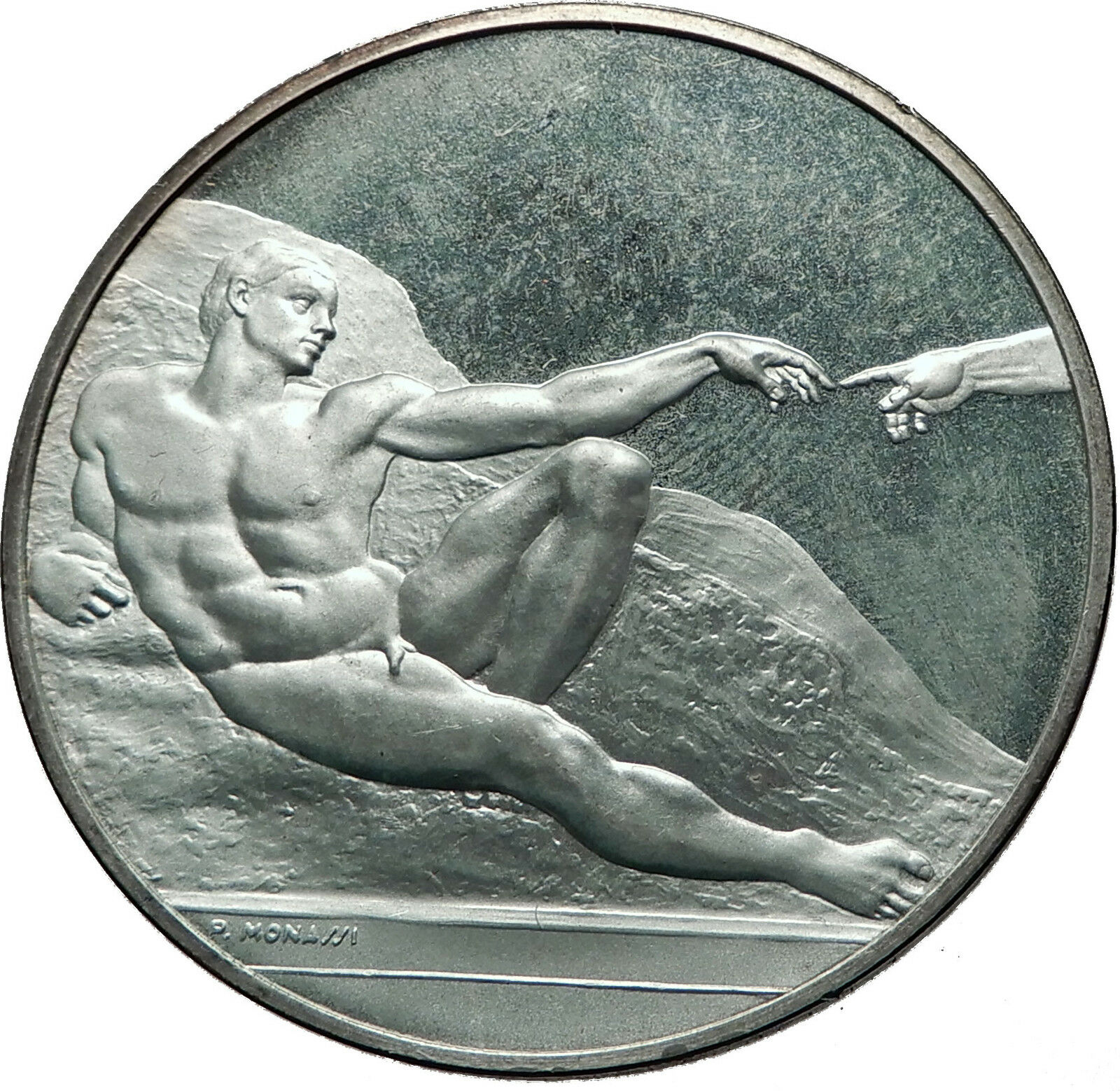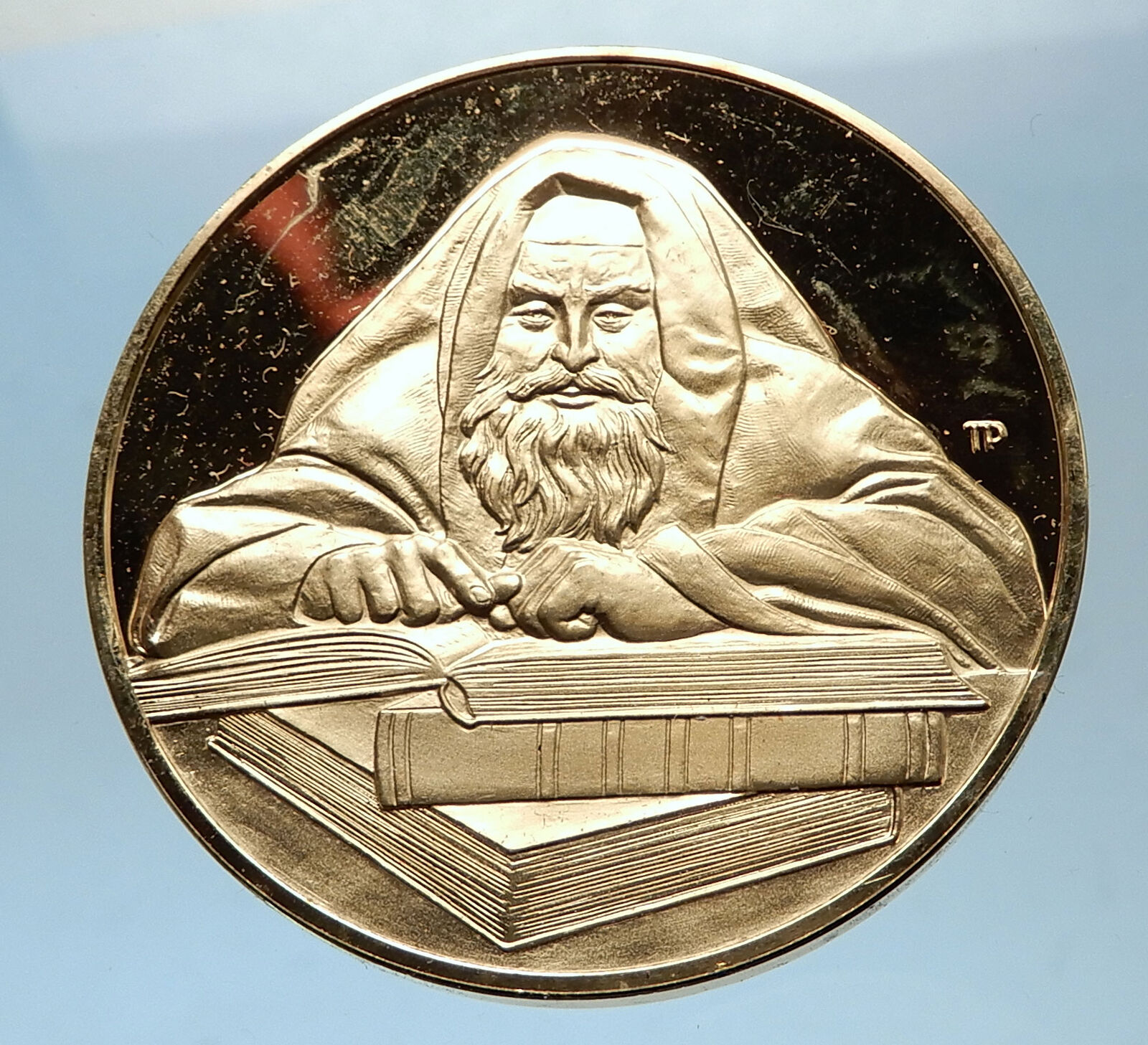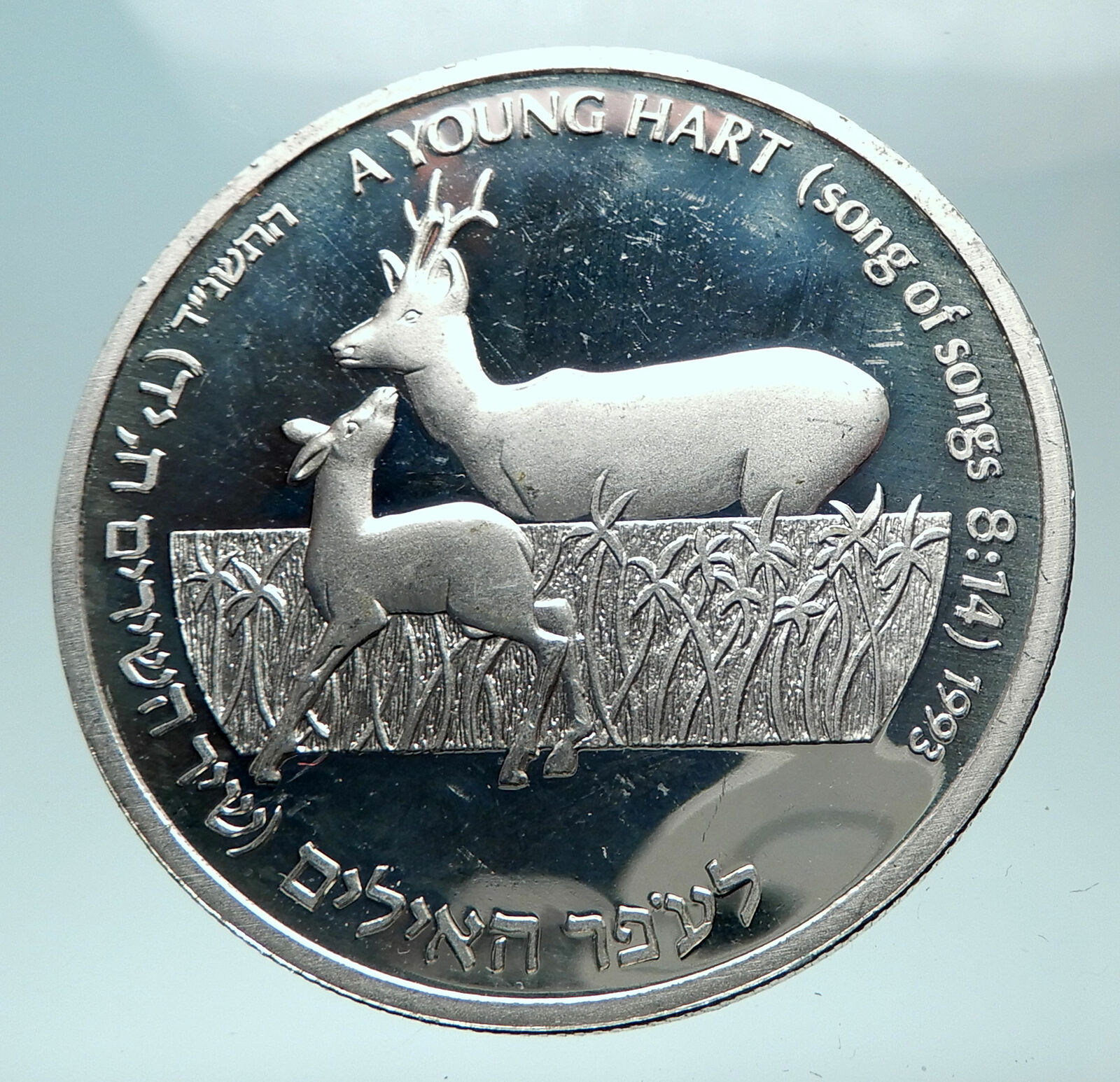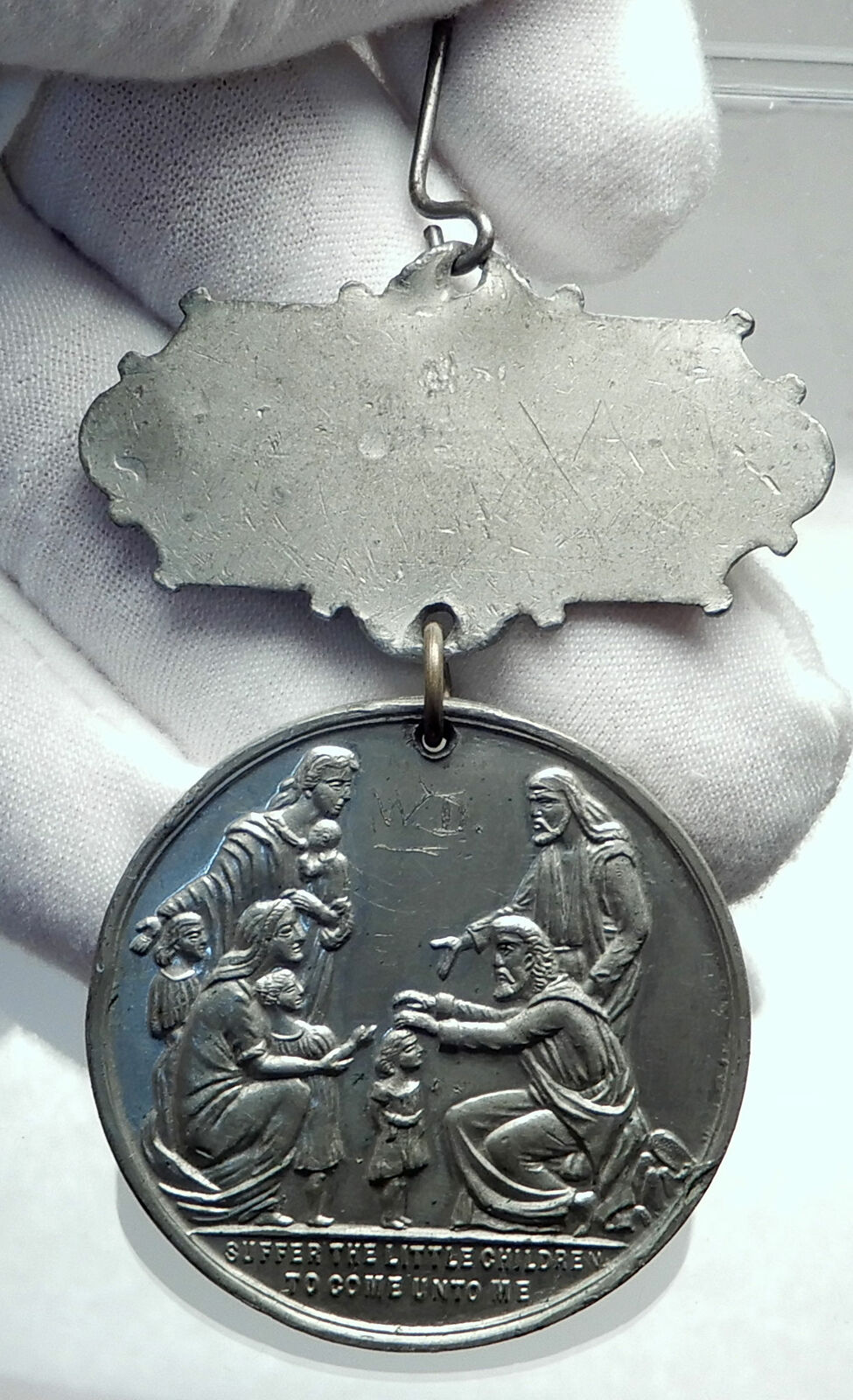|
Great Britain (United Kingdom)
Robert Trotter Hermon-Hodge
1890 White Metal Medal 44mm (24.47 grams)
R.T.HERMON-HODGE. M.P.. ACCRINGTON DIVISION PINCHES.LONDON, Hermon facing left.
QUIS SEPARABIT? TRIA JUNCTA IN UNO ANNO 1890, British Jack within oval, within intricate circle, flower wreath below.
You are bidding on the exact item pictured, provided with a Certificate of Authenticity and Lifetime Guarantee of Authenticity.
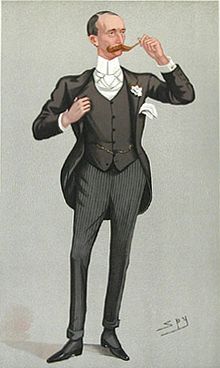 Robert Trotter Hermon-Hodge, 1st Baron Wyfold, DL (23 September 1851 – 3 June 1937) was a British Conservative politician. Robert Trotter Hermon-Hodge, 1st Baron Wyfold, DL (23 September 1851 – 3 June 1937) was a British Conservative politician.
Born Robert Trotter Hodge, he was the son of G W Hodge of Newcastle upon Tyne. He was educated at Clifton College and Worcester College, Oxford. In 1877 he married Frances Caroline Hermon, only daughter of Edward Hermon, Member of Parliament (MP) for Preston. In 1903 he added her surname to his own to become “Hermon-Hodge”.
He entered politics in 1884, when he was adopted as Conservative candidate for the Wallingford seat. The seat was abolished by the Redistribution of Seats Act 1885, when he contested the new seat of Accrington in Lancashire, winning it first on the next general election, called in 1886, his first return to the Commons. He served one term losing the seat at the next election in 1892, and narrowly failing to be re-elected in an 1893 by-election.
Hodge gained his longest spell in the Commons from the 1895 general election as MP for the Southern or Henley Division of Oxfordshire. He held the seat in 1900 and was defeated in the Liberal landslide of 1906. His 10+1⁄2 years for this seat proved longer than the 9+1⁄4 total years he served in three separate chunks at other times. It was announced that he would receive a baronetcy in the 1902 Coronation Honours list published on 26 June 1902 for the (subsequently postponed) coronation of King Edward VII, and on 24 July 1902 he was created a Baronet, of Wyfold Court in the Parish of Checkendon in the county of Oxford.
He returned to the Commons for a third time when he won a by-election in March 1909 at Croydon. Re-elected at the ensuing poll in January 1910, he stood down for the election in December of the same year.
In May 1917 Valentine Fleming, the sitting MP for Henley, was killed fighting on the Western Front. An election was announced and Hermon-Hodge was returned unopposed for his old seat at the by-election in June. He retired from parliament at the post-war general election in 1918. In May 1919 he was raised to the peerage as Baron Wyfold, of Accrington in the County Palatine of Lancaster and participated in the Lords 34 times, all before 1931. His son did so 13 times all in the 1937-1938 period.
He enjoyed the life of a country gentleman at the family estate of Wyfold Court, near Reading, Berkshire. He was an enthusiastic sportsman, being a member of various hunts in Berkshire and South Oxfordshire. He also participated in deer-stalking, shooting and fishing. He attended the Henley Regatta each year, and is remembered in the name of the Wyfold Challenge Cup. He was also a leading freemason and was for thirty years a member of the Queen’s Own Oxfordshire Hussars. He was honorary colonel of the regiment at the time of his death.
He had seven sons, two of whom died in the First World War, and one daughter. His wife died in 1929, and Lord Wyfold died in June 1937, aged 85.
 The United Kingdom of Great Britain and Northern Ireland, commonly known as the United Kingdom (UK) or Britain, ] is a sovereign country in north-western Europe, off the north-western coast of the European mainland. The United Kingdom includes the island of Great Britain, the north-eastern part of the island of Ireland, and many smaller islands within the British Isles. Northern Ireland shares a land border with the Republic of Ireland. Otherwise, the United Kingdom is surrounded by the Atlantic Ocean, with the North Sea to the east, the English Channel to the south and the Celtic Sea to the south-west, giving it the 12th-longest coastline in the world. The Irish Sea separates Great Britain and Ireland. The total area of the United Kingdom is 93,628 square miles (242,500 km2), with an estimated population in 2020 of over 67 million. The United Kingdom of Great Britain and Northern Ireland, commonly known as the United Kingdom (UK) or Britain, ] is a sovereign country in north-western Europe, off the north-western coast of the European mainland. The United Kingdom includes the island of Great Britain, the north-eastern part of the island of Ireland, and many smaller islands within the British Isles. Northern Ireland shares a land border with the Republic of Ireland. Otherwise, the United Kingdom is surrounded by the Atlantic Ocean, with the North Sea to the east, the English Channel to the south and the Celtic Sea to the south-west, giving it the 12th-longest coastline in the world. The Irish Sea separates Great Britain and Ireland. The total area of the United Kingdom is 93,628 square miles (242,500 km2), with an estimated population in 2020 of over 67 million.
The United Kingdom is a unitary parliamentary democracy and constitutional monarchy. ] The monarch, Queen Elizabeth II, has reigned since 1952. The capital and largest city is London, a global city and financial centre with a metropolitan area population of 14 million. Other major cities include Birmingham, Manchester, Glasgow, Liverpool and Leeds. The United Kingdom consists of four countries: England, Scotland, Wales and Northern Ireland. Other than England, the constituent countries have their own devolved governments, each with varying powers.
The United Kingdom has evolved from a series of annexations, unions and separations of constituent countries over several hundred years. The Treaty of Union between the Kingdom of England (which included Wales, annexed in 1542) and the Kingdom of Scotland in 1707 formed the Kingdom of Great Britain. Its union in 1801 with the Kingdom of Ireland created the United Kingdom of Great Britain and Ireland. Most of Ireland seceded from the UK in 1922, leaving the present United Kingdom of Great Britain and Northern Ireland, which formally adopted that name in 1927.
The nearby Isle of Man, Guernsey and Jersey are not part of the UK, being Crown Dependencies with the British Government responsible for defence and international representation. There are also 14 British Overseas Territories, the last remnants of the British Empire which, at its height in the 1920s, encompassed almost a quarter of the world’s landmass and a third of the world’s population, and was the largest empire in history. British influence can be observed in the language, culture and the legal and political systems of many of its former colonies.
The United Kingdom has the world’s fifth-largest economy by nominal gross domestic product (GDP), and the tenth-largest by purchasing power parity (PPP). It has a high-income economy and a very high human development index rating, ranking 13th in the world. The UK became the world’s first industrialised country and was the world’s foremost power during the 19th and early 20th centuries. Today the UK remains one of the world’s great powers, with considerable economic, cultural, military, scientific, technological and political influence internationally. It is a recognised nuclear state and is ranked fourth globally in military expenditure. It has been a permanent member of the United Nations Security Council since its first session in 1946.
The United Kingdom is a member of the Commonwealth of Nations, the Council of Europe, the G7, the Group of Ten, the G20, the United Nations, NATO, AUKUS, the Organisation for Economic Co-operation and Development (OECD), Interpol, and the World Trade Organization (WTO). It was a member state of the European Communities (EC) and its successor, the European Union (EU), from its accession in 1973 until its withdrawal in 2020 following a referendum held in 2016.
|





 Robert Trotter Hermon-Hodge, 1st Baron Wyfold, DL (23 September 1851 – 3 June 1937) was a British Conservative politician.
Robert Trotter Hermon-Hodge, 1st Baron Wyfold, DL (23 September 1851 – 3 June 1937) was a British Conservative politician.  The United Kingdom of Great Britain and Northern Ireland, commonly known as the United Kingdom (UK) or Britain, ] is a sovereign country in north-western Europe, off the north-western coast of the European mainland. The United Kingdom includes the island of Great Britain, the north-eastern part of the island of Ireland, and many smaller islands within the British Isles. Northern Ireland shares a land border with the Republic of Ireland. Otherwise, the United Kingdom is surrounded by the Atlantic Ocean, with the North Sea to the east, the English Channel to the south and the Celtic Sea to the south-west, giving it the 12th-longest coastline in the world. The Irish Sea separates Great Britain and Ireland. The total area of the United Kingdom is 93,628 square miles (242,500 km2), with an estimated population in 2020 of over 67 million.
The United Kingdom of Great Britain and Northern Ireland, commonly known as the United Kingdom (UK) or Britain, ] is a sovereign country in north-western Europe, off the north-western coast of the European mainland. The United Kingdom includes the island of Great Britain, the north-eastern part of the island of Ireland, and many smaller islands within the British Isles. Northern Ireland shares a land border with the Republic of Ireland. Otherwise, the United Kingdom is surrounded by the Atlantic Ocean, with the North Sea to the east, the English Channel to the south and the Celtic Sea to the south-west, giving it the 12th-longest coastline in the world. The Irish Sea separates Great Britain and Ireland. The total area of the United Kingdom is 93,628 square miles (242,500 km2), with an estimated population in 2020 of over 67 million. 

